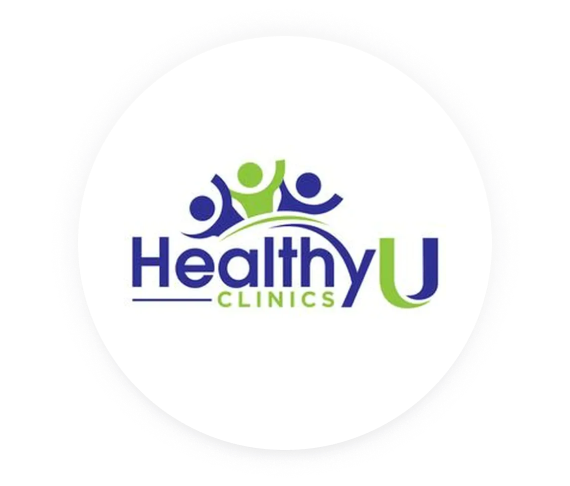As Thanksgiving comes and goes, gratitude is put on full display. Giving thanks highlights the good and positive experiences in our lives and acknowledges the people who have helped us along the way. However, life is not all sunshine and rainbows. We must try to see the good around us and appreciate every day we have together.
As a physician, you experience life’s very best and worst moments. It can be hard not to let the challenging moments overtake you if you do not consciously focus on the good in life. I do not recommend naivety or living in an echo chamber. On the contrary, my highest recommendation is to cherish what we have in life, which gives our lives meaning. Doing so is not a once-a-year occasion.
Telling someone they are doing an excellent job because they genuinely have made your life easier is essential to human relationships. Show your gratitude. Even when we are sick, injured, or down on our luck, we can enjoy a beautiful sunset or a warm campfire. Take a moment to reflect and appreciate the moment.
How we effectively navigate life’s blessings and challenges is primarily impacted by our resilience and grit. Resilience is our ability to bounce back, while grit is the courage to continue despite whatever obstacle life throws at you. Both resilience and grit are intricately related to gratitude. Why? Because gratitude helps us appreciate what gives us joy and meaning. It also helps us endure.
Say two patients faced the same complicated, life-changing diagnosis.
The first patient becomes fixated on their symptoms and prognosis. Worse, they become envious of the people who live without their burden. So defined by their diagnosis and withdrawn.
The second patient takes each day in stride. They acknowledge their limitations but embrace what they can do. They seek out the people and things that give them purpose. They turn acquaintances into friends and friends into family.
The difference between the two patients is one of gratitude.
So how do you become more grateful? You can do so by making it part of your routine.
There is an entire online business devoted to gratitude journals. However, if journaling is not your thing, a moment for gratitude can be part of your dinner table conversation.
Or when you are happy to be somewhere, or someone did something you appreciate, you sincerely say, thank you.





